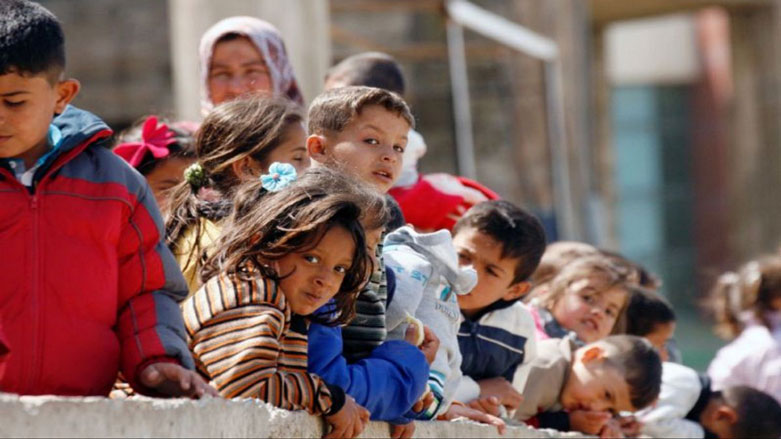Thousands of displaced people require desperate aid in west Mosul: IOM

MOSUL, Iraq (Kurdistan 24) – As the battle against the Islamic State (IS) in western Mosul draws to an end, thousands of displaced people require desperate humanitarian assistance, according to the International Organization for Migration (IOM).
In a recent report, IOM Iraq’s Hala Jaber highlighted the “stark differences” in eastern Mosul compared to the western part of the city.
“All indications show east Mosul to be recovering at a rapid pace, with much of its life returning to normal and a significant portion of services restored,” Jaber explained.
“West Mosul’s rise from the ashes is expected to take much longer,” the IOM representative added.
Kurdish Peshmerga and Iraqi security forces, backed by US-led coalition airstrikes, launched an offensive to recapture Mosul from IS in October 2016.
The eastern part of the city was liberated in January 2017 before the second phase to free western Mosul began in February.
Iraqi Prime Minister Haider al-Abadi announced victory against the militant group on July 10, after nearly ten months of fierce fighting.
In February, the UN Humanitarian Response Plan for Iraq warned of a humanitarian crisis as the Mosul offensive continued.
“The operation in Mosul has the potential to be the single largest humanitarian operation in the world in 2017,” the agency stated.
IOM, a UN Migration Agency, is currently providing humanitarian support to the tens of thousands of Internally Displaced Persons (IDPs) who fled Mosul.
“The scale of destruction in west Mosul is enormous, and the challenge of reconstruction is no small feat,” IOM’s Iraq Chief of Mission Thomas Lothar Weiss explained.
According to the organization, over 845,000 individuals (140,000 families) are still displaced with about 225,000 IDPs slowly returning to their places of origin.
Editing by G.H. Renaud
